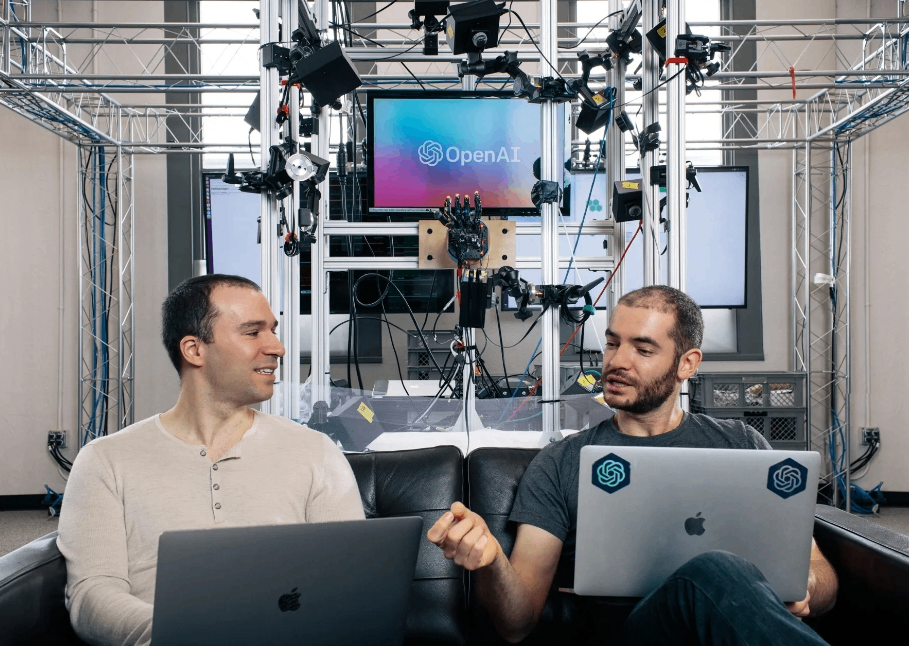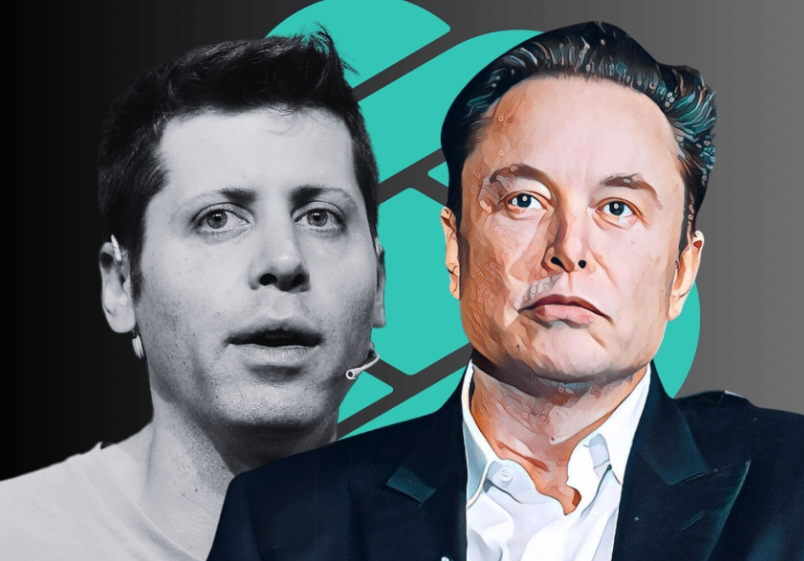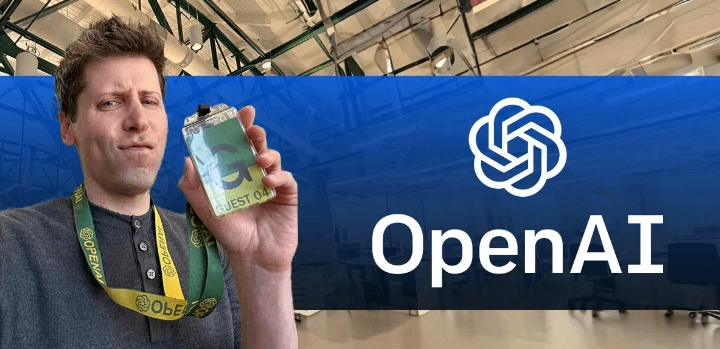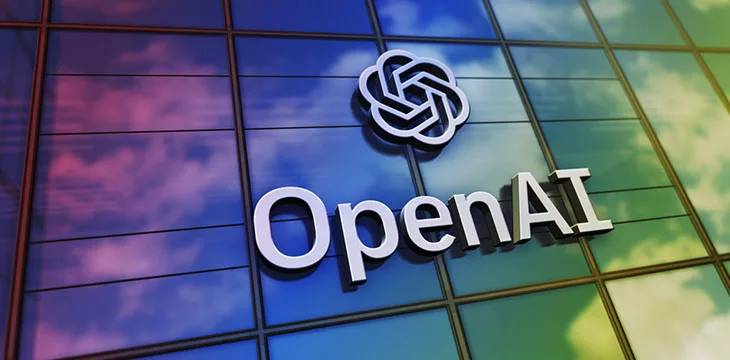As one of the original partners in founding OpenAI, Musk had long "predicted" that OpenAI would eventually "deviate from its original intention" and turn to for-profit institutions.
Musk was right about OpenAI's "change of heart".
On November 5, media said that OpenAI was in preliminary discussions with regulators to transform its $157 billion company from its current nonprofit structure to a for-profit enterprise.During this period, regulators will conduct a series of detailed reviews of how OpenAI evaluates its high-margin intellectual property assets, such as ChatGPT applications.
In a letter from the Delaware Attorney General, discussions about the transition have also begun.If it goes smoothly, OpenAI will completely transform into a profitable direction in the future, and the discussion on whether OpenAI is "capitalist" or "social" will also come to an end.
As early as 2015, OpenAI was originally established as a non-profit research institution with the goal of "building artificial intelligence that is safe and beneficial to humans."But now, as its business expands and revenue grows, the company is preparing to move to a more traditional for-profit model.Although this move may raise questions about the original intention of its public welfare mission, the simplified profit structure is undoubtedly more attractive to investors.

As one of the partners who originally founded OpenAI, Musk had long "predicted" that OpenAI would eventually "deviate from its original intention" and turn to for-profit institutions, and this was one of the reasons why the billionaire chose to leave OpenAI.
Although people are no longer in OpenAI, when ChatGPT exploded, the bond between Musk and OpenAI became deeper and deeper.In March this year, Musk directly sued OpenAI to the San Francisco Superior Court because of strong dissatisfaction with OpenAI's acceptance of huge investments from Microsoft and its increasing focus on profits.In July last year, Musk also founded his own artificial intelligence startup xAI, which is tit-for-tat with OpenAI.

Within OpenAI, the complex debate about profitability has never stopped.As early as 2019, OpenAI established a limited-profit subsidiary to provide financial support for the development of artificial intelligence models, taking the first step to test public opinion.
About a year ago, OpenAI had the farce of CEO Sam Altman being fired and rehired by the former board of directors.At the time, many directors were dissatisfied with Sam Altman's eagerness to promote commercialization and called a secret meeting to fire the technology star.
Later, things turned around, and more than 500 OpenAI employees signed a joint letter saying that unless the company's board of directors resigned and reappointed Sam Altman as CEO, they might resign and join Microsoft.Due to pressure from all parties, OpenAI had to invite Sam Altman back, making a big mistake.After returning to the company, Sam Altman teamed up with financial owner Microsoft to carry out a major reorganization of the board of directors, and the forced appointment incident gradually subsided.

As for this transformation event, as of press time, OpenAI declined to comment on this.But Bret Taylor, chairman of the company's non-profit board, said: "We will continue to consult with independent financial and legal advisers to ensure that any potential restructuring maintains the continued existence of the non-profit institution and ensures that shareholders receive the full value of their current equity in the for-profit portion, while enhancing its ability to achieve its mission."”
Unlike most non-profit organizations, OpenAI has proprietary artificial intelligence technologies, including ChatGPT, which have extremely high commercial value.The company is now in discussions with California Attorney General Rob Bonta's office and is expected to submit details of the reorganization once the transformation plan is finalized.The office said it is committed to ensuring charitable assets are used appropriately, but did not comment on discussions with OpenAI.
There are reports that OpenAI's reorganization plan will enable it to become a for-profit enterprise while still maintaining its social welfare mission.Jason Kwon, OpenAI's chief strategy officer, said at a staff meeting in late September that the company will continue to operate under a for-profit structure and create a non-profit division that will hold a large stake in the for-profit enterprise.

Legal experts pointed out that the key to whether regulators approve the reorganization depends on how much stake the non-profit sector will receive and how to value OpenAI's core asset, its intellectual property.Daren Shaver, a partner at Hanson Bridgett LLP in San Francisco, said: "This process is not just about simply removing non-profit status. The value of all assets must be properly accounted for.”
California law requires assets of non-profit organizations to be used for charitable purposes, and OpenAI's core asset-intellectual property-can make the review process complex and time-consuming.Shaver further pointed out: "The key is to convince the Attorney General that these assets will eventually go to the right places.”
In addition, the terms of OpenAI's latest round of financing indicate that if the restructuring is not completed within two years, the relevant financing may be converted into debt.





